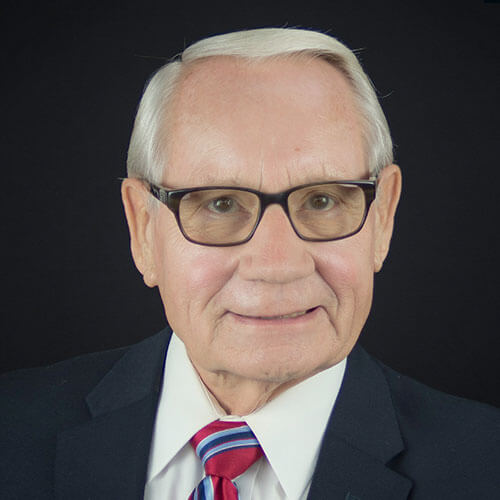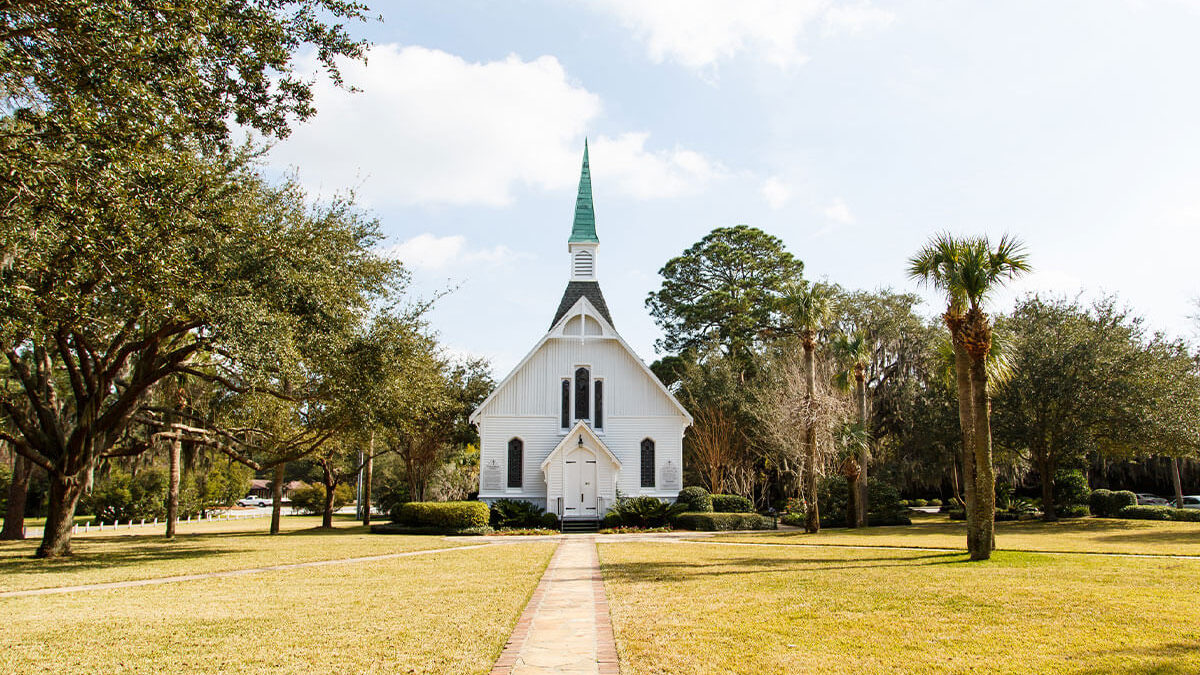Psalm 84
Although David’s name is not in the title of this Psalm, many believe it was penned by him because:
- It contains so much of his excellent spirit, as in Ps. 63.
- It is believed that it was written upon Absalom’s rebellion when David was forced to leave the city. This is what caused him to lament.
- It was not so much because it was a royal city, but it was a holy city.
So, David expresses his affection with great devotion:
- To the Tabernacle of God.
- His value for the Tabernacle v. 1.
- His desire for the Tabernacle vs. 2-3.
- His happiness of those that enjoy the Tabernacle vs. 4-7.
- His own happiness in the enjoyment of the Tabernacle v. 10.
- To the God of the Tabernacle.
- His desire for Him vs. 8-9.
- His faith in Him v. 11.
- His happiness of those that put their confidence in Him v. 12.
In the reading of this great Psalm, we should have the same affection toward the Lord that David had, and then it will bring the same kind of happiness to us.
- So, the logical question is, “why is it so important for us to be in the house of God, if some may not have gone because of the fear of persecution.
- Some may have neglected the duty because they felt no interest in it, as professing Christians now sometimes do.
- It is possible that some may have had doubts about the necessity of this duty and on that account may have neglected it.
- Or it may perhaps have been from dissatisfaction with the preacher or with some member or members of the church.
Whatever the reasons, Paul says that they should regard it as a sacred duty to meet together for worshipping God because none of these “reasons” should prevent them from this duty. All who call themselves Christians and all who expect to grow in faith should regard it a sacred duty to assemble together for public worship.
Someone said, “Church is public, and our faith is to be strengthened and refreshed by waiting together on the Lord. There is an obvious courtesy that men should assemble together for the worship of the Most High, and no Christian can hope that his faith will grow or that he can perform his duties to God without fellowshipping with those who love and serve God.”
I. BECAUSE OF THE COMMAND AND AUTHORITY OF GOD
Deuteronomy 12:5, “But unto the place which the LORD your God shall choose out of all your tribes to put his name there, even unto his habitation shall ye seek, and thither thou shalt come:”
Hebrews 10:25, “Not forsaking the assembling of ourselves together, as the manner of some is; but exhorting one another: and so much the more, as ye see the day approaching.”
“Not forsaking the assembling of ourselves together.” That is, for purposes of public worship. Some have understood the word assembling as meaning a group of Christians or the church, and they believe that the object of the apostle here is to exhort them not to neglect the church.
The Greek word is used nowhere else in the New Testament except in 2 Thes. 2:1, where is given the noun gathering together.
The verb is used in Mt 23:3, 24:31; Mark 1:33; 13:27; Luke 12:1; 13:34, and in all these places, it says “gathered together.”
It properly means an act of assembling or a gathering together, and is nowhere used in the New Testament in the sense of an assembly or the church. The command then is to meet together for the worship of God, and it is commanded that Christians think it an important duty to do it. It is also implied that it is sin when this is neglected.
“As the manner of some is.” We are not told why they neglected public worship. It may have been for the following reasons:
“ But exhorting one another.” That is, in our assembling together—a direction which proves that it is proper for Christians to exhort one another when they are gathered together for church. In fact, there is reason to believe that the preaching in the early Christian assemblies included much mutual exhortation.
“And so much the more as ye see the day approaching.” The term “day” refers to some event that was expected and which was so well understood by them that no particular explanation was necessary.
It was also some event that was expected to occur real soon. If it had not been something that was expected to happen in the near future, Paul would have gone into a more full explanation of it and would have stated at length what these indications were.
II. BECAUSE OF THE POWER & PRAISE OF GOD V. 4.
Psalm 122:4, “Whither the tribes go up, the tribes of the LORD, unto the testimony of Israel, to give thanks unto the name of the LORD.”
III. BECAUSE OF THE HELP AND COMFORT OF GOD.
And may I say that it also helps to avoid trouble in the first place.
Psalm 137:1-5, “Fret not thyself because of evildoers, neither be thou envious against the workers of iniquity. For they shall soon be cut down like the grass, and wither as the green herb. Trust in the LORD, and do good; so shalt thou dwell in the land, and verily thou shalt be fed. Delight thyself also in the LORD; and he shall give thee the desires of thine heart. Commit thy way unto the LORD; trust also in him; and he shall bring it to pass.”
IV. BECAUSE OF THE INSTRUCTION, LEARNING FROM GOD.
Micah 4:2, “And many nations shall come, and say, Come, and let us go up to the mountain of the LORD, and to the house of the God of Jacob; and he will teach us of his ways, and we will walk in his paths: for the law shall go forth of Zion, and the word of the LORD from Jerusalem.”
V. BECAUSE OF THE EXAMPLE OF CHRIST HIMSELF.
Luke 4:16, “And he came to Nazareth, where he had been brought up: and, as his custom was, he went into the synagogue on the sabbath day, and stood up for to read.”
Look again at verse 12, “O LORD of hosts, blessed is the man that trusteth in thee.”
That is, more of His grace and mercy to
- Those who dwell in His Tabernacle—His House.
- Those who delight in His Presence—His Habitat.
So the next time you go to church, understand that it is more than just another gathering, but it is literally to be in the presence of God in our worship.
David recognized the importance of being in the House of God, do you?
Let us be faithful in our church attendance!
Share this post

Hans Nikoley, GSBC Staff
Bro. Nikoley emigrated from Germany to the United States with his family at age 13. He served full time in the Nevada Air National Guard for six years. At age 32, He was saved, and in 1977, he graduated from Bible College. He pastored for over 31 years, 27 of them at Pomerado Road Baptist Church in Poway, California. Bro. Nikoley has served at Golden State Baptist College in the Bible Department and also as the Student Employment Director since 2007. He and his wife Mary have two children and have been married for 58 years.


Stay connected